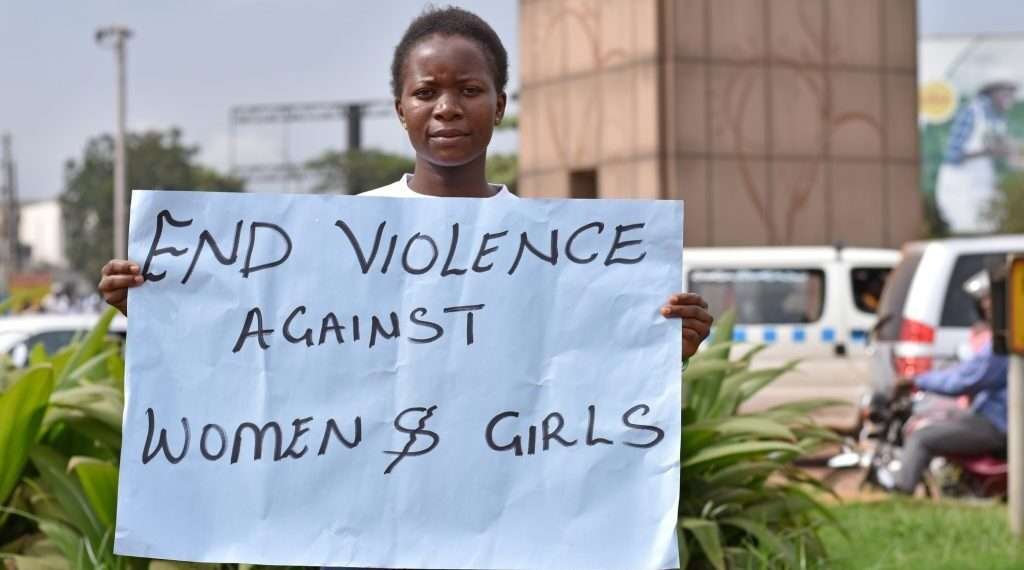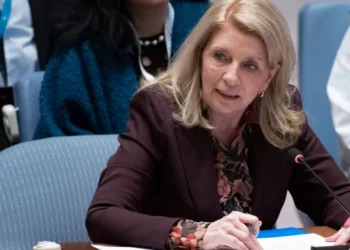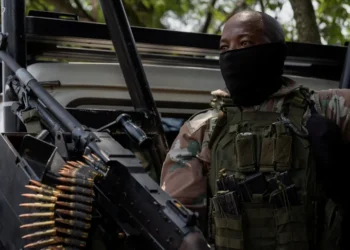Extreme drought in East Africa is leading to cases of violence against women and girls in the region, the International Rescue Committee (IRC) warns in a new analysis.
According to the IRC, the drought has resulted from four failed rainy seasons. Together with economic downturns from the COVID-19 pandemic, the drought has forced women, who are in charge of finding food and water for their families, to travel further away from home to seek resources, exposing them to harm outside.
Women and girls who become displaced in search of food, water and pasture, have found themselves in unfamiliar territories that pose high risks. IRC has therefore, called on donors to urgently fulfill funding pledges made to respond to the drought in order to mitigate the risks for women and girls in the region and protect the gains made on this front in previous years.

“The record drought in East Africa as well as the long term effects of the economic downturn from the COVID-19 pandemic is putting women and girls at higher risk of violence. In addition, due to congestion and limited resources within displacement camps women and girls are exposed to greater risks.
“In some of our project sites, we are seeing double the number of cases of violence reported in the most recent year than in previous years. Yet, we know violence against women and girls is severely under-reported due to fears of stigma and this data does not give a full depiction of the total prevalence”.
Kurt Tjossem, Regional Vice President for East Africa at the IRC
Kurt Tjossem further indicated that on the ground, women and girls are sharing testimonies that the cases of violence specifically targeted against younger girls have increased compared to other periods. Girls in particular, Kurt Tjossem said, have dropped out of school, and the protection they got from being in school is no longer there, meaning that there are more chances for them to come face to face with perpetrators.
Country-specific cases
In Kenya’s Hagadera refugee camp, the number of women and girls reporting cases of violence nearly doubled from 198 in 2019 to 389 in 2021, according to the IRC.
Children, especially girls, are dropping out of school as the drought forces families including children to migrate in search of food instead of going to school. In Ethiopia’s Somali region, one teacher reported that the school’s enrollment dropped from 300 to 20 due to the drought.
In Somalia, with over 250 women and girls reported violence in 2021 in IRC project sites in Galmudug, Puntland and Benadir regions. This can be attributed to increased displacement as families seek food, water and pasture with women and girls finding themselves in unfamiliar and risky territories, the IRC explained.
IRC is working across the region to provide nutrition, health, water and sanitation, women’s protection and empowerment and economic development services. IRC called on all world leaders to increase funding to scale up the response to the drought as well as protection services for women and girls in the region, specifically services such as psychosocial support and livelihood programming.
READ ALSO: We Are Trying To Apprehend Perpetrators- Abdul Daud On Flogging Of Two Lovers





















